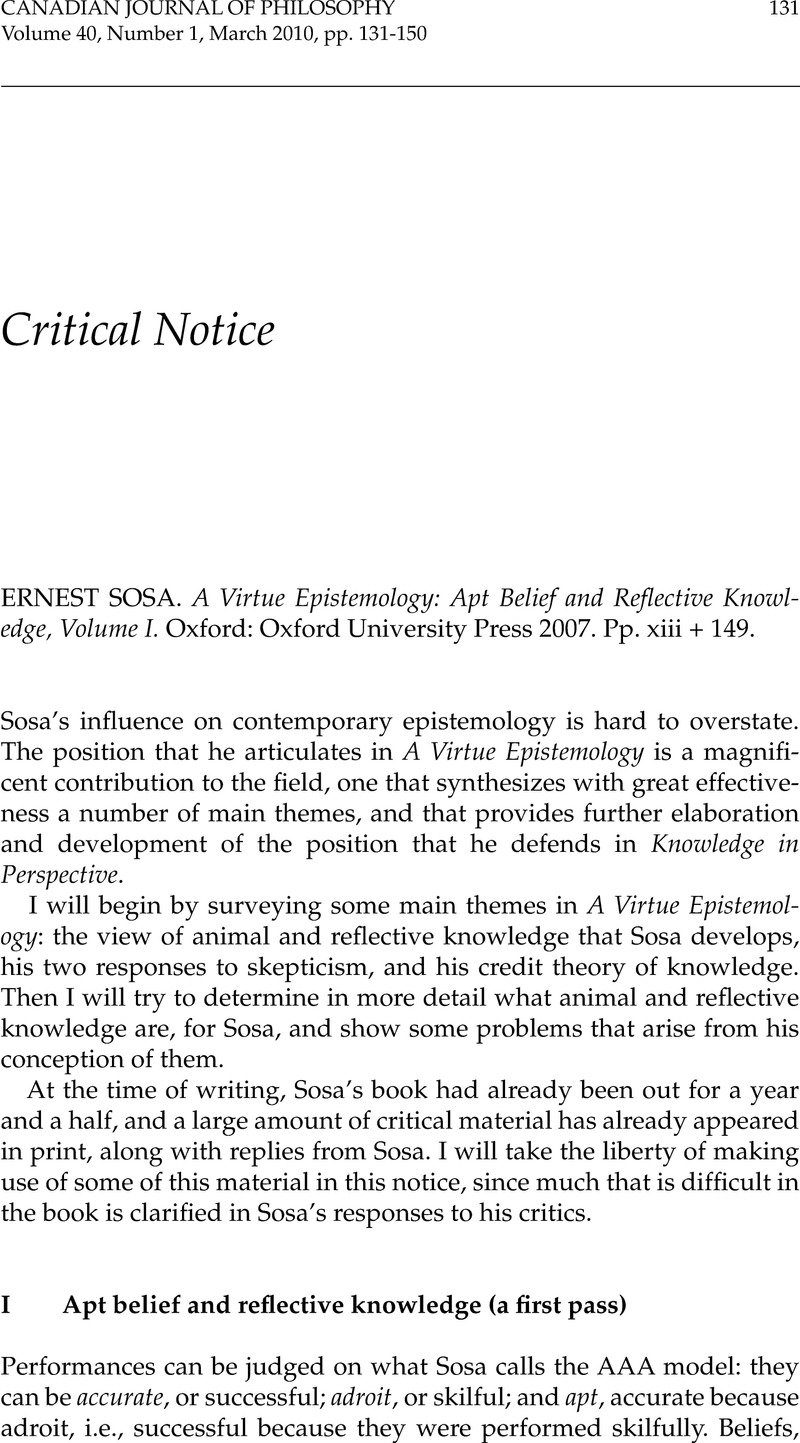Crossref Citations
This article has been cited by the following publications. This list is generated based on data provided by Crossref.
Baz, Avner
2014.
Whose Dream Is It Anyway?.
International Journal for the Study of Skepticism,
Vol. 4,
Issue. 3-4,
p.
263.



